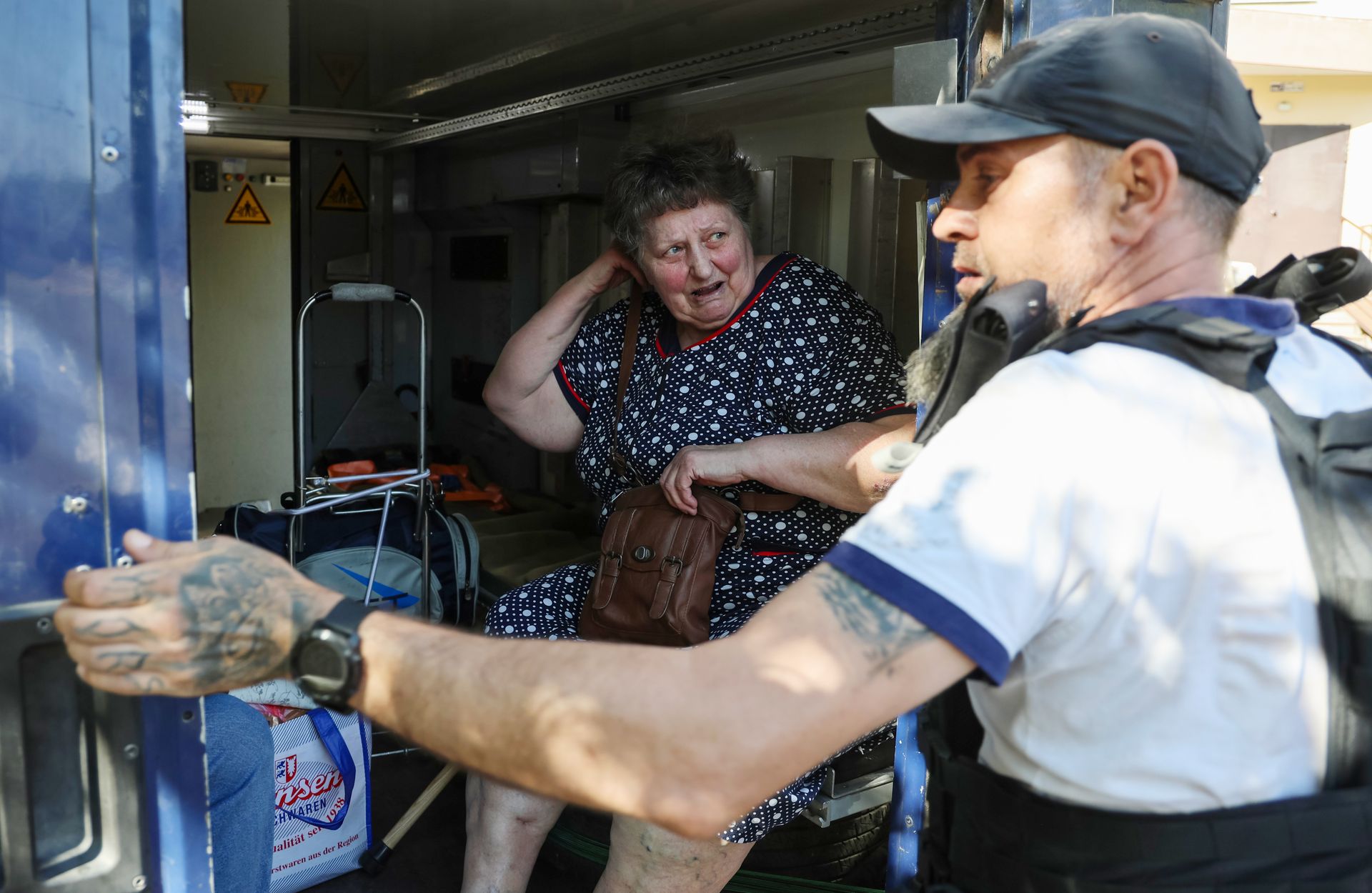Trump weighs sanctions on Russia’s 'shadow fleet' if Putin refuses ceasefire, FT reports

The Trump administration is considering new sanctions on Russia’s so-called "shadow fleet" of oil tankers should President Vladimir Putin fail to agree to a ceasefire in Ukraine by Aug. 8, people familiar with White House discussions told the Financial Times (FT).
If enacted, the measures would represent the first U.S. sanctions targeting Moscow since Donald Trump returned to the presidency in January. Officials say the fleet — consisting largely of aging tankers with opaque ownership structures — has been central to Russia’s ability to bypass Western oil price caps and continue financing its war in Ukraine.
The "shadow fleet" operates by concealing ownership, avoiding Western maritime services, and transporting crude to buyers such as China and India at prices above the G7’s $60-a-barrel cap. Sanctioning these vessels directly has proven effective in the past, with buyers unwilling to use blacklisted ships.
Two sources told the FT that sanctions on the fleet are seen within the administration as a straightforward way to increase economic pressure on Russia. A third source confirmed the measure is among several options under consideration.
The Biden administration previously sanctioned 213 tankers, while the EU has listed more than 400 vessels in recent months. Analysts say that targeting ships — rather than their owners — sharply reduced their operational capacity. FT analysis of Kpler data showed that 115 sanctioned crude carriers shipped an average of 48 million barrels of Russian oil per month before designation, compared with just 13 million barrels after.
Trump, who has so far avoided imposing new sanctions to keep space for potential peace talks, has become increasingly frustrated with Putin’s refusal to halt the war. People close to the administration said the Kremlin has ignored multiple U.S. deadlines and recently escalated attacks on Ukraine.
During a Tuesday call with Ukrainian President Volodymyr Zelensky, Trump discussed possible sanctions. “We talked about sanctions against Russia,” Zelensky said. “Their economy continues to fall and that is why Moscow is so attentive to this prospect … This can change a lot.”
The president on Monday also announced higher tariffs on India, a major buyer of Russian crude, saying: “They don’t care how many people in Ukraine are being killed by the Russian war machine.”
Trump’s special envoy, Steve Witkoff, is due in Moscow this week, with the Kremlin describing the visit as “important, substantive and very useful.” The White House is expected to decide on possible measures once Witkoff returns. “If Witkoff comes back empty-handed, with absolutely nothing, Trump is going to go ballistic,” one source said.
White House deputy press secretary Anna Kelly reiterated: “The president has been clear that there will be biting sanctions if Putin does not agree to end the war. We will not get ahead of the president on specifics.”
Additional measures under review include stricter enforcement of existing sanctions, adopting the EU’s upcoming “dynamic” floating oil price cap, and secondary sanctions on foreign banks or refineries involved in Russian oil trade. A bipartisan bill from Senators Lindsey Graham and Richard Blumenthal proposing tariffs of up to 500% on buyers of Russian energy is also gaining support, with Trump saying he is “very strongly” considering backing it — though some analysts doubt such tariffs could be effectively maintained.











